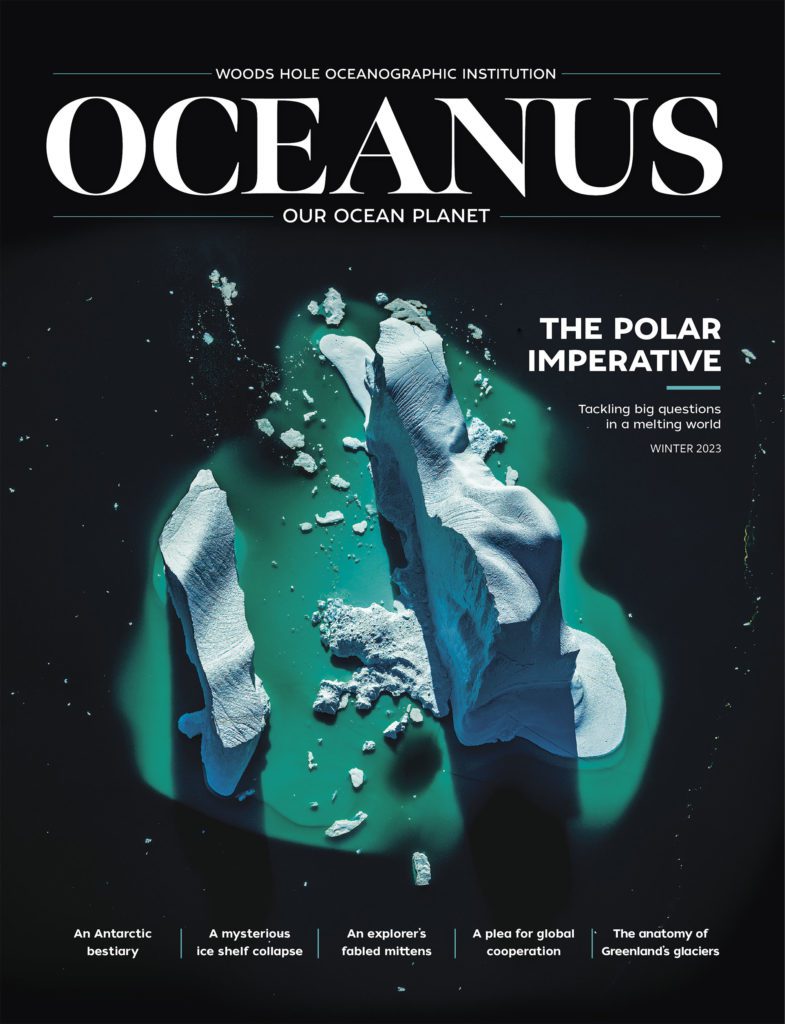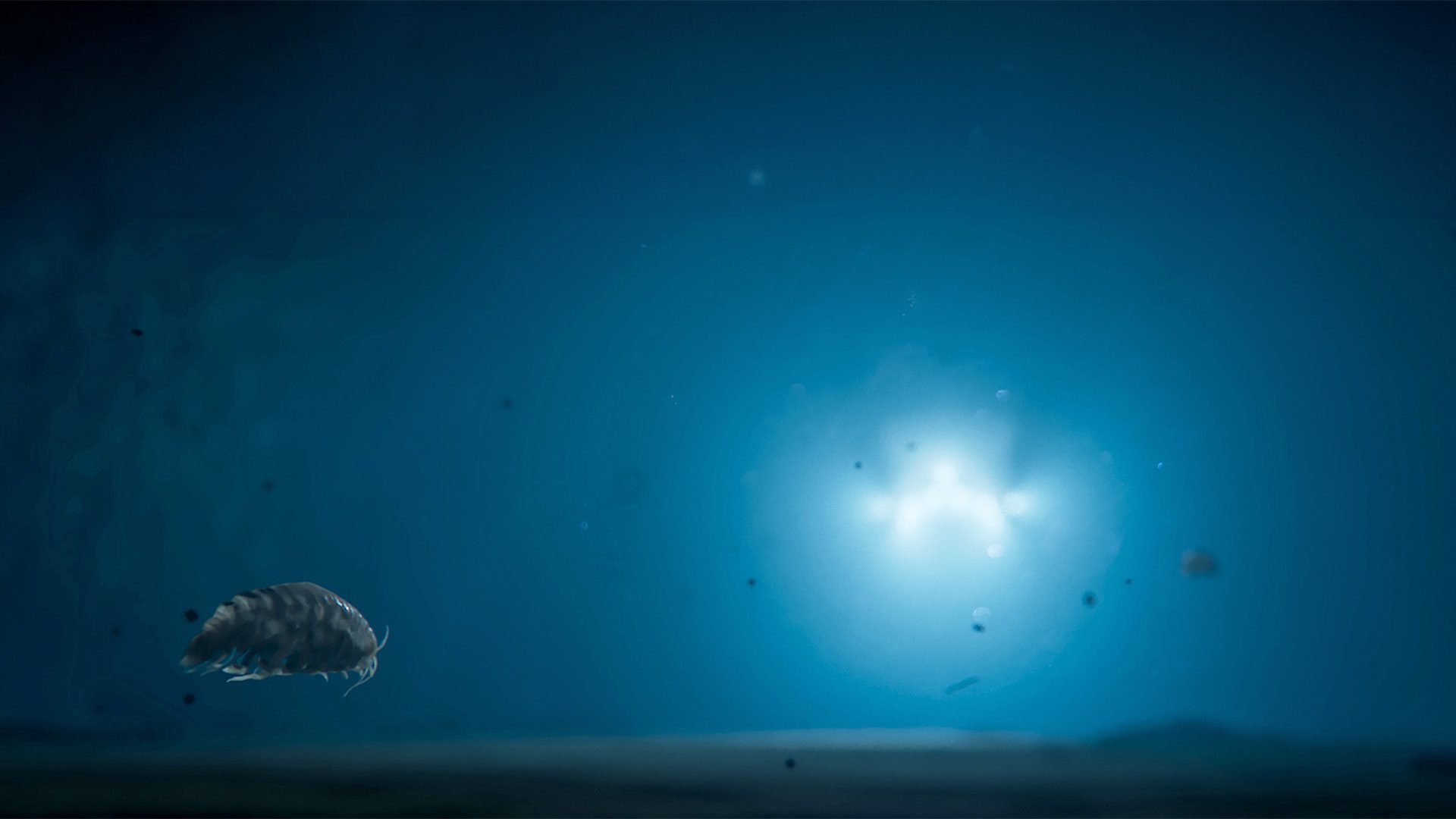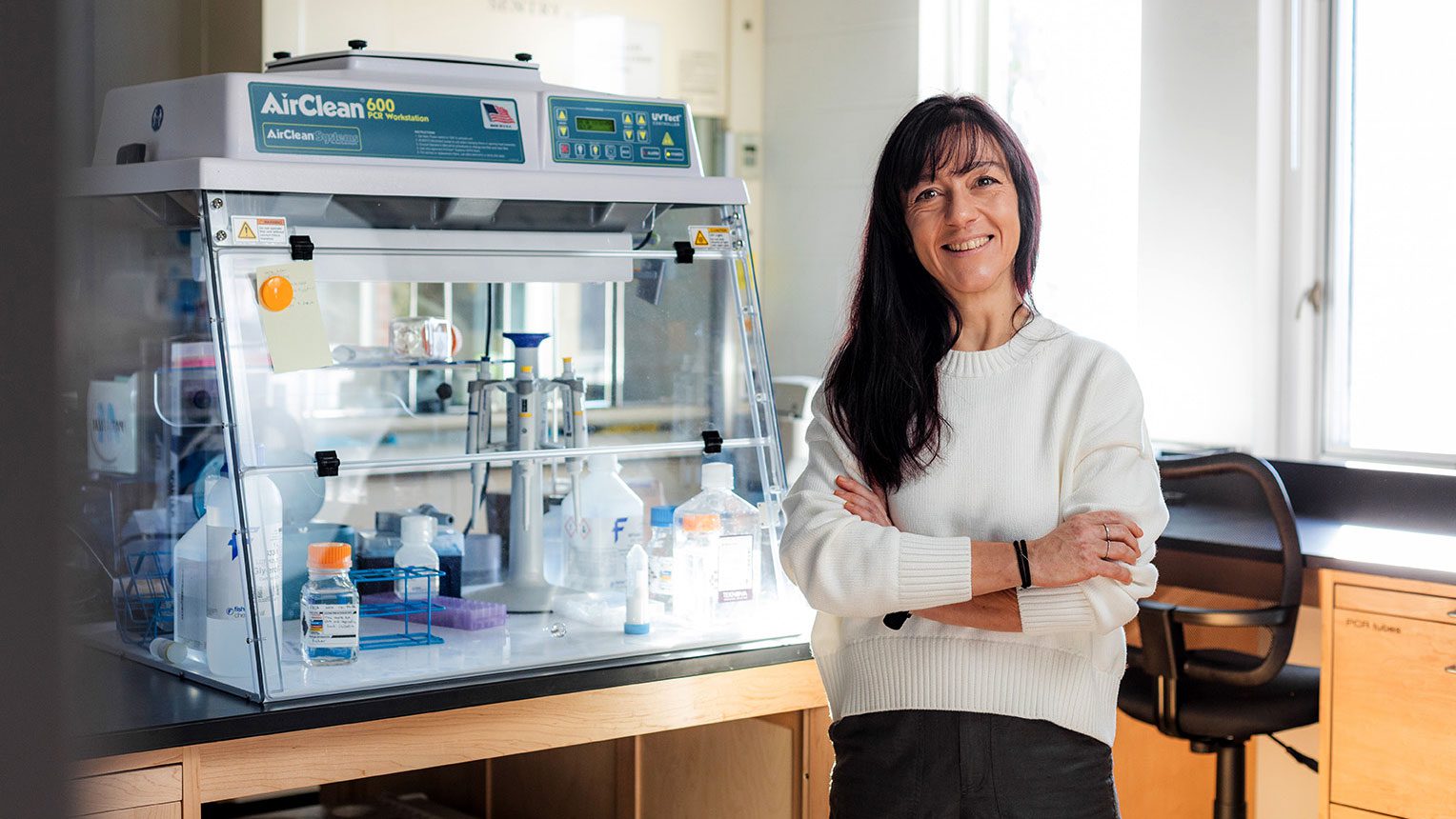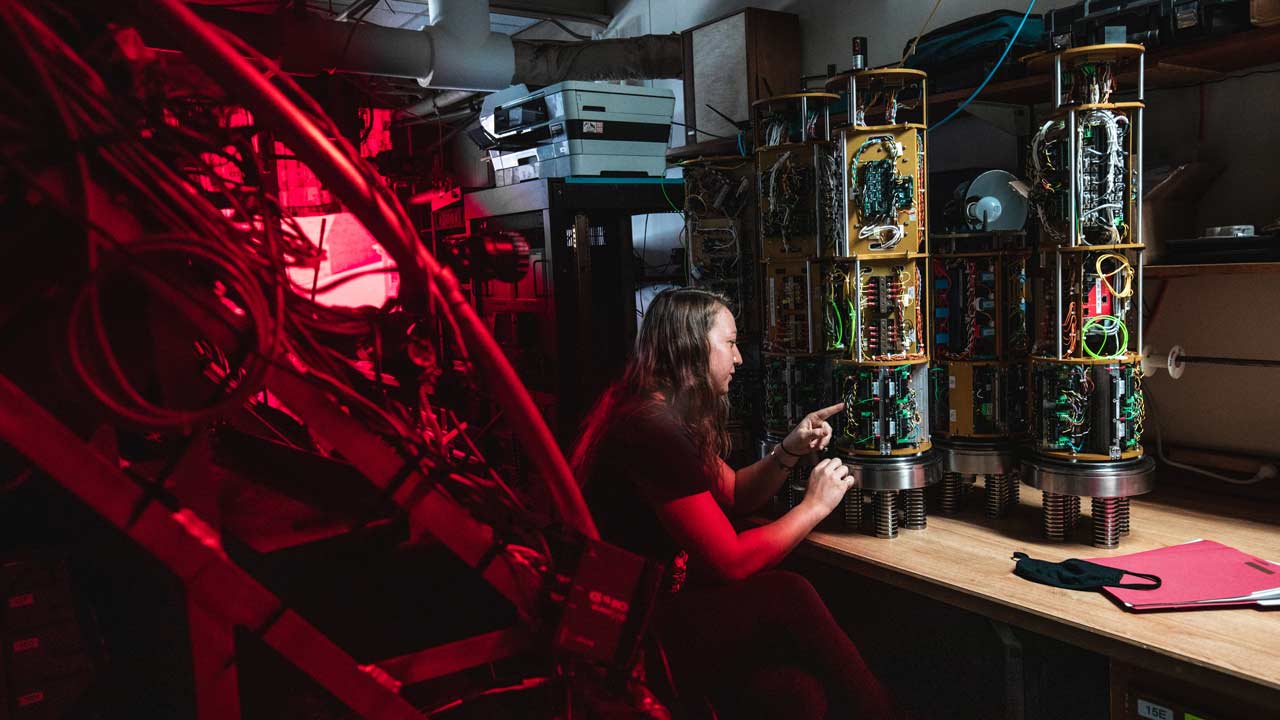
Meet the Alvin 6500 Team: Rose Wall
A new engineer on learning the sub from the inside out
Estimated reading time: 3 minutes
Oceanus: What is it like learning the ropes in the Alvin Group?
Rose: It's definitely been different coming from the defense contractor world where a lot of the companies are very young and don't have established practices.
There are a lot of processes in place to make Alvin safe for humans. A lot of the design decisions have that in mind. At first, I thought it was weird that everything about the sub isn't run by computers. But we have a lot of safety measures in place so it will meet a certification standard set by the U.S. Navy. Every piece of emergency equipment has four different ways to access to it. There are backups on backups on backups.
Oceanus: What projects are you currently working on?
Rose: I've been working on the underwater telephone. This is how the sub communicates with the ship during dives. An instrument in the sphere with a microphone generates an electric signal which goes to a transformer to become higher voltage. It then goes to a piezoelectric element which generates an electrical signal that goes to a speaker.
But the annoying thing about the piezoelectric elements is that you can't really fix them if they are broken, because they are ceramic. On a few of them the wire insulation had gotten damaged or disconnected and that was easy to fix, but others had cracked or damaged ceramics so those will have to be replaced.
I've also designed and fabricated several circuit boards that will collect information or control various instruments on the sub, from the joystick to the hydraulic valves.
I've been fortunate to start working at WHOI during an overhaul. It has given me a better understanding of how everything works since we don't typically take apart a lot of the stuff while we're at sea.
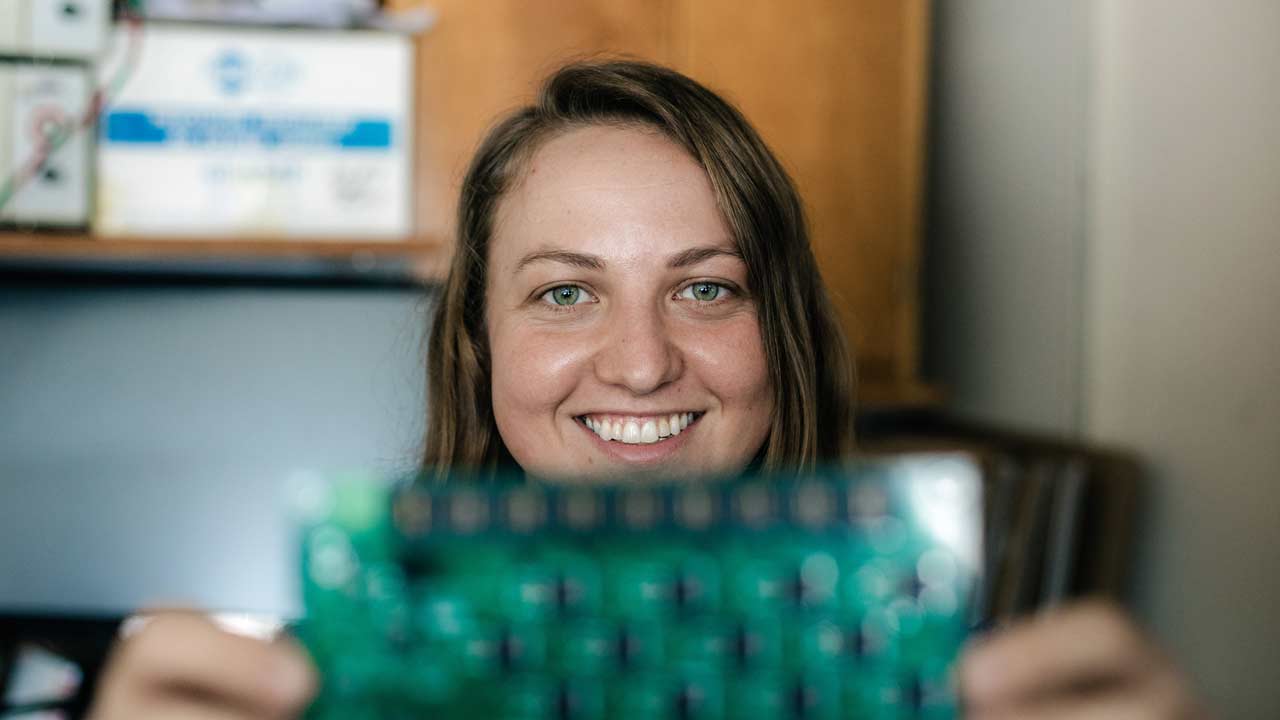
As an electrical engineer in the Alvin Group, Rose Wall has worked on circuit boards that will collect data from the submersible's joystick and control the hydraulic valves. (Image Credit: Daniel Hentz © WHOI)
Oceanus: What part of the overhaul are you most excited about?
Rose: I am mostly excited to go to sea. I'm excited to see and experience Alvin in use.
Oceanus: What will your job look like when Alvin goes back to sea?
Rose: I'll be at sea as part of the operations group. If all goes well, I'll also be a pilot-in-training.
As a pilot-in-training I'll do practice dives and get really familiar with the engineering systems and operating procedures on the sub. There are a couple pilots-in-training already, so they will get first dibs on practice dives. Hopefully I'll get to do one before too long. Then, there are four board examinations for certification: Navy, Alvin pilots, engineers, and scientists.
I haven't spent time at sea before this job, but I've spent lots of time on long outdoor trips. I have worked plenty of river trips in the middle of nowhere with no cell service or internet, so I think that aspect of being away from your normal life and super easy communication is not new to me.
Oceanus: Do you have any advice for future engineers who want to build the submersibles of tomorrow?
Rose: When I came out of college, I was grateful to have a job but it wasn't exactly what I wanted to do. A lot of people told me to just be glad I had a good job. But I don't think you have to be stuck anywhere. If you really want to do something you can make it happen.
